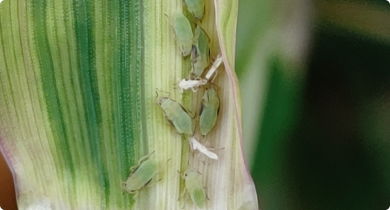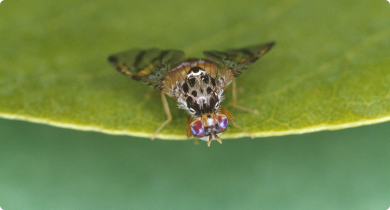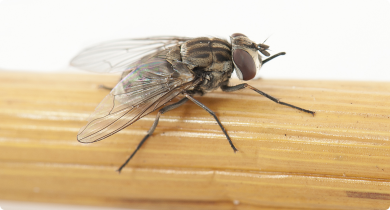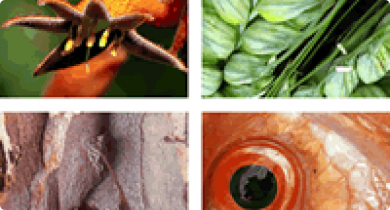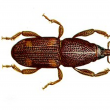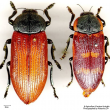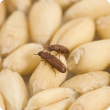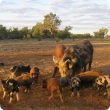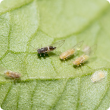Pests
Animal pests, both vertebrates (backbone) and invertebrates (no backbone), can have an adverse impact on agriculture, the natural environment and even our lifestyle. Animal pests may be exotic animals which are introduced, either accidentally or deliberately. Native animals may also be pests in certain situations.
The Department of Primary Industries and Regional Development manages pests in Western Australia through policy development, risk assessment, research and development, provision of technical advice and information, implementation of regulation, emergency response, property inspections, industry liaison, and the planning and coordination of significant species control/eradication programs.
For advice on pests search our website, the Western Australian Organism List or contact our Pest and Disease Information Service (PaDIS).
For diagnostic services, please contact our Diagnostic Laboratory Services.
See Also
Filter by search
Filter by topic
- (-) Remove Biosecurity & quarantine filter Biosecurity & quarantine
- Biosecurity (65) Apply Biosecurity filter
- Pest insects (42) Apply Pest insects filter
- Plant biosecurity (32) Apply Plant biosecurity filter
- Crops (25) Apply Crops filter
- Invasive species (21) Apply Invasive species filter
- Pest animals (20) Apply Pest animals filter
- Horticulture (19) Apply Horticulture filter
- Diseases (11) Apply Diseases filter
- Quarantine (10) Apply Quarantine filter
- Pest mammals (9) Apply Pest mammals filter
- Fruit (9) Apply Fruit filter
- Control methods (8) Apply Control methods filter
- Livestock & animals (7) Apply Livestock & animals filter
- Vegetables (6) Apply Vegetables filter
- Emergency response (6) Apply Emergency response filter
- Weeds (5) Apply Weeds filter
- Livestock management (5) Apply Livestock management filter
- Agricultural emergency response (5) Apply Agricultural emergency response filter
- Livestock biosecurity (5) Apply Livestock biosecurity filter
- Chemicals (5) Apply Chemicals filter
- State Barrier Fence (4) Apply State Barrier Fence filter
- Nursery & cutflowers (4) Apply Nursery & cutflowers filter
- Birds (4) Apply Birds filter
- Baits & poisons (4) Apply Baits & poisons filter
- Intrastate movement (3) Apply Intrastate movement filter
- Potatoes (3) Apply Potatoes filter
- Grapes & wine (3) Apply Grapes & wine filter
- Grains (3) Apply Grains filter
- 1080 (3) Apply 1080 filter
- European house borer (3) Apply European house borer filter
- Importing to Western Australia (2) Apply Importing to Western Australia filter
- Mangoes (2) Apply Mangoes filter
- Livestock species (2) Apply Livestock species filter
- Fungi (2) Apply Fungi filter
- Exporting from Western Australia (2) Apply Exporting from Western Australia filter
- Biosecurity governance (2) Apply Biosecurity governance filter
- Biosecurity and Agriculture Management Act (2) Apply Biosecurity and Agriculture Management Act filter
- Declared plants (2) Apply Declared plants filter
- Food & beverages (1) Apply Food & beverages filter
- Food safety (1) Apply Food safety filter
- Importing animals (1) Apply Importing animals filter
- Exporting plant and plant products (1) Apply Exporting plant and plant products filter
- Beef cattle (1) Apply Beef cattle filter
- Agribusiness Food & Trade (1) Apply Agribusiness Food & Trade filter
- Amphibians and reptiles (1) Apply Amphibians and reptiles filter
- Bees (1) Apply Bees filter
- Crop diseases (1) Apply Crop diseases filter

